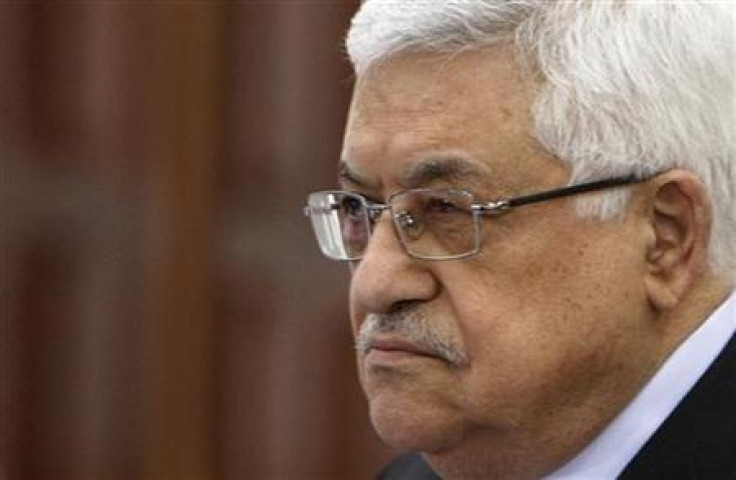Palestinian Victory at UNESCO Says No To Political Bullying

The Palestinian Authority has won a first diplomatic victory after the country gained initial approval of a bid for full membership in UNESCO, the United Nations Educational, Scientific and Cultural Organization, a move deemed "inexplicable" by the United States.
Despite strong pressure from the U.S. and France, Palestinian leaders have managed to bring their membership motion before the, UNESCO's 58-nation executive board, which passed it by 40 votes in favour to four against, with 14 abstentions including those from Belgium, France, Italy and Spain, while the American delegation joined Germany, Latvia and Romania in opposing the measure while Russia joined African and Arab states, among others, in support.
Palestinians have held observer status at the United Nations and UNESCO since the mid-1970s.
The next step will now lead to the submission of the Palestinian bid to the 193-nation general assembly of the UN cultural body at the end of the month for final approval.
"We need the issue of the state of Palestine to be resolved in the U.N. system," said Riyad Mansour, the Palestinian envoy to the United Nations. UNESCO, Mansour said, "is one place where we can acquire our rightful place among the community of nations as a full member."
Membership would allow Palestinian officials to seek the protection of Palestinian historical sites by the cultural organization which is in turn set to create further tensions with Tel Aviv given some of them are in territories annexed by Israel.
The move has once again angered the U.S., which have become a starched critic of the Palestinian's statehood aspiration, with Washington urging all delegates to vote "no" at the general assembly.
Hillary Clinton, the US Secretary of State, deemed the UNESCO decision "confusing".
"I found quite confusing and somehow inexplicable that you would have organs of the United Nations making decisions about statehood or statehood status while the issue has been presented to the United Nations," she said.
Before adding "the decision about status must be made in the United Nations and not in auxiliary groups."
"Unfortunately there are those who, in their enthusiasm to recognize the aspirations of the Palestinian people, are skipping over the most important step, which is determining what the state will look like, what its borders are, how it will deal with the myriad issues that states must address" she also explained.
Proving the U.S. is willing to take further actions to prevent the move, US Republican lawmaker Kay Granger, who chairs the subcommittee in charge of US monies for diplomatic purposes threatened she "will advocate for all funding to be cut off", if UNESCO accepted the Palestinians in as a state.
Her comments backed those of the chairwoman of the House Foreign Affairs Committee, Ileana Ros-Lehtinen, who had Tuesday urged the administration to "make clear that any decision to upgrade the Palestinian mission's status by UNESCO or any other U.N. entity will lead to a cutoff of U.S. funds to that entity."
Israel unsurprisingly rejected the move and the Israeli Foreign Ministry denounced the Palestinian membership bid as a "negative response to Israel's and the international community's efforts to promote the peace process."
France Foreign Ministry spokesman, Bernard Valero also said that the UNESCO is not "the appropriate institution" to address the question of Palestinian statehood.
The mood in the Palestinian camp was however more celebrative with the Palestinian envoy to Unesco, Elias Wadih Sanbar, telling the delegates: "We are inaugurating a new era in which Palestine is recognized."
Detractors of the Palestinian statehood bid are becoming more and more vocal and threatening; however the UNESCO membership application was voted and thus represent the opinion of a string of countries which have welcomed the move.
With pushing ahead with its own plans, Palestine wants to show it wants to step outside of the shadow of the countries that have led the peace processes for many years and dictated what plans should be implemented and show it will take the risk of standing against what appears to be political bullying.
© Copyright IBTimes 2024. All rights reserved.





